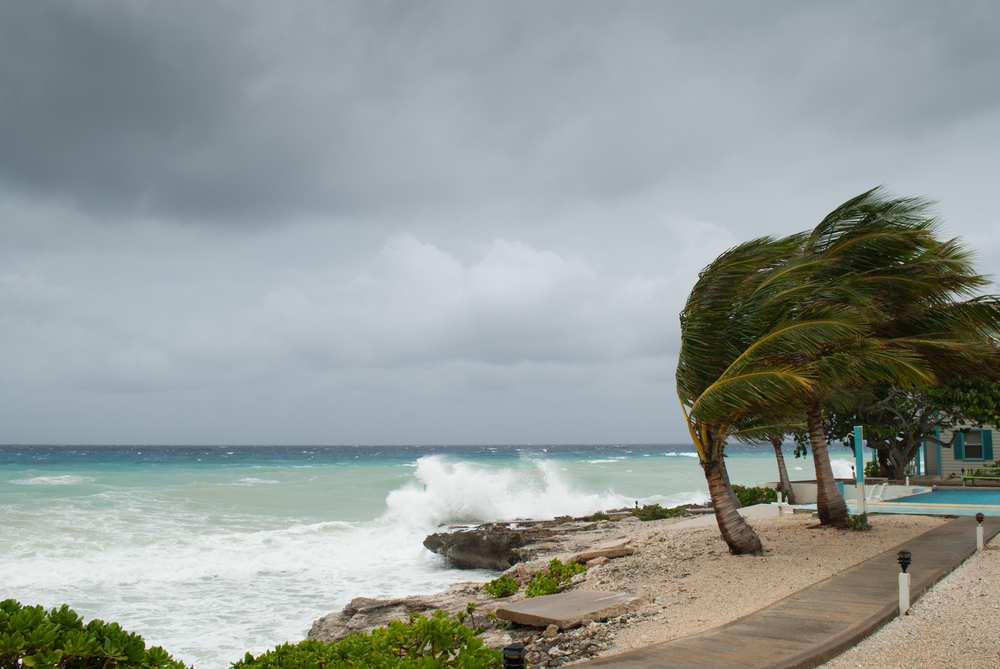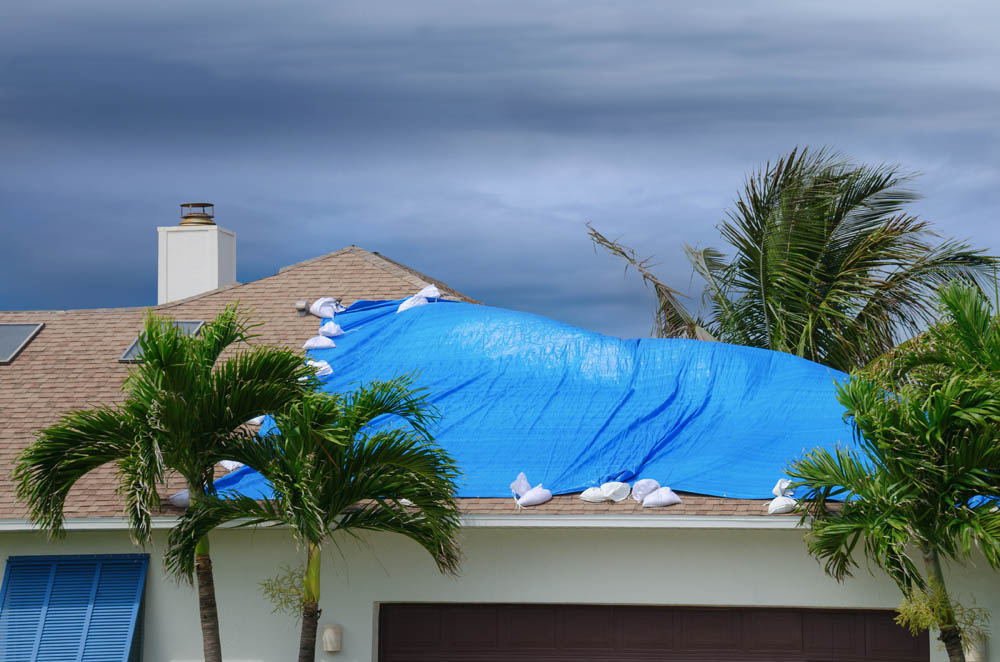
Condo Associations and Unit Owners Must be Prepared for Unexpected Repairs
I recently read a bog post about woodpeckers causing unexpected damages to a condominium in British Columbia (Read Here) causing unexpected expense to the association and unit owners. The story got me to thinking about what would happen if something like that happened here in Florida. No, we don’t have a woodpecker problem (though occasionally, some woodpecker will peck on a window) and due to rigid hurricane codes, our buildings are generally concrete block construction which would break a beak or two. But we have other critters that can cause major damage, including, termites, iguanas, rats, opossum and mold spores, to name a few. And, there is the big fear, the natural disaster we all dread: hurricanes.
F.S. Chapter 718, the Florida Condominium Act, is very comprehensive. Section 718.112(f) requires that the association bylaws must include all of the expenses set forth in section 718.504(21). That section, which deals with the developer’s offering circular, lists all of the expenses that a developer must include in its initial association budget. The expenses include reserves. Section 718.112(f) goes on to provide that, after turnover, a budget may exclude any item which is no longer applicable. However, any association that believes that reserves aren’t applicable must look at 718.112(f)(2)(a) which provides that all budgets must include reserves for capital expenditures for deferred maintenance, including roof repairs, building painting, pavement resurfacing and any other deferred maintenance expenses exceeding $10,000 based on the remaining useful life. Reserve accounts may only be used for their specified purpose unless a majority of the unit owners vote to re-allocate the reserves.
There is no specific requirement for associations to budget reserves for emergency repairs for things like termite infestation and damage. So what is an association supposed to do when these unexpected events occur? As mentioned above, the association may request a vote of the unit owners to re-allocate reserves to cover the unexpected damage. But, it would then be prudent for the association to make up for the re-allocated funds by special assessment, either one time, or over time, as those reserves will be necessary in the future. The association can also pass a special assessment to cover the need for the emergency repair.
In the event of larger, but not urgent repairs, the association can borrow money from an institutional lender. There are banks that specialize in condominium financing. The association need not pass a special assessment to cover new debt service. Rather the debt service can often be treated as a line item in the association budget and added into the regular assessment to the unit owners.
Finally, as to a catastrophic loss, such as those following a hurricane, the association is required to maintain insurance on the condo. The unit owners will likely then only bear the burden of the deductible. Sometimes this burden is significant, as condo deductibles may be high to save on premiums and the number of units to share the deductibles may be low. Unit owners should be certain to maintain condo insurance and make sure that the coverage includes special assessment coverage following a catastrophic loss. In this situation, the special assessment would be covered by the unit owners’ condo policy.
With proper planning, condo associations and unit owners can have protections against unexpected damage to condominiums. Planning involves some up front cost and adequate funding of reserves. But these costs will always be less than the potential expenses when disaster strikes if unprepared.




No Comments
Sorry, the comment form is closed at this time.